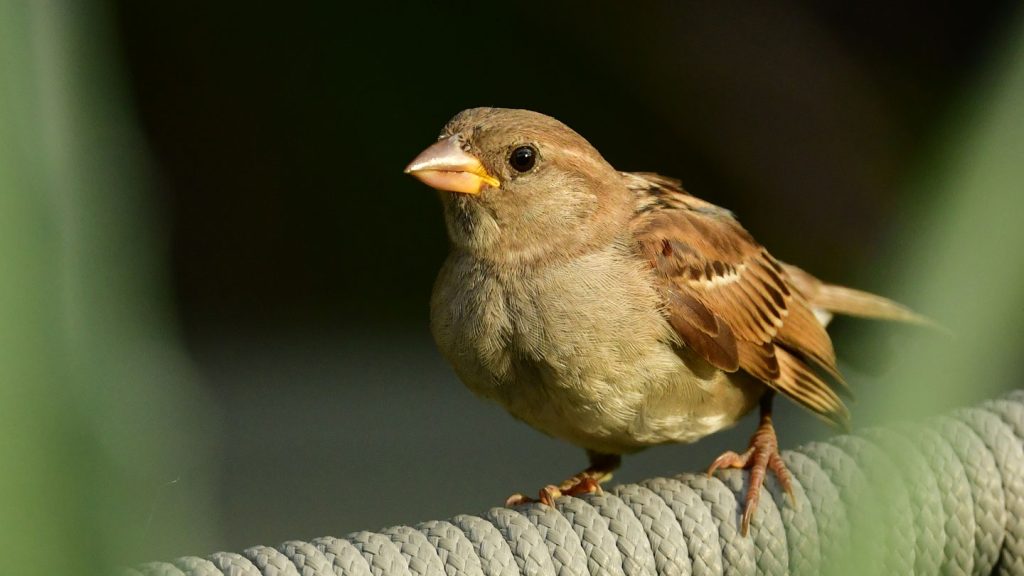Researchers have found a connection between the expression of a specific gut immunity gene known as TLR4 in female house sparrows and their willingness to eat unconventional foods, like seed spiked with chicken poop. TLR4 plays a role in alerting the immune system about bacterial invaders in the gut, leading to increased gene expression when the gut is on high alert. This suggests that birds with higher TLR4 expression levels are more likely to take foraging risks, allowing them to explore new territories even when faced with unfamiliar pathogens and parasites. These findings shed light on why house sparrows are successful at colonizing new areas despite potential health risks.
Recent studies by Martin’s lab have shown that sparrows on the edge of expanding populations tend to try new foods and have high levels of TLR4 expression. This suggests that their immune systems may possess a certain flexibility that allows them to adapt rapidly to new threats. By analyzing wild house sparrows in the Tampa area and conducting feeding tests with food spiked with sterilized chicken poop, researchers observed a correlation between TLR4 expression and the birds’ food choices. Sparrows with higher TLR4 expression levels consumed more of the spiked food, indicating a readiness to combat potential threats.
The study also revealed differences in feeding behavior between male and female sparrows, with females showing a stronger preference for spiked food during the breeding season. Females with high TLR4 expression levels consumed larger amounts of both spiked and unspiked food, while males tended to opt for unspiked food. Interestingly, when given the choice, both sexes preferred the poop-free seed. These behavioral patterns may be influenced by seasonal factors such as increased energy needs in females during egg production and nestling care.
The research contributes to the field of behavioral immunology, highlighting the interplay between immune responses and behaviors that mitigate health risks in animals. By investigating the underlying physiological mechanisms that influence risk-taking or risk-avoidance behaviors, the study provides valuable insights into how animals adapt to environmental challenges. The findings complement previous work in canaries showing that exposure to sick individuals triggers preemptive immune responses in healthy birds, suggesting a similar underlying link between gut gene expression and behavior in sparrows.
While house sparrows may not be consciously aware of changes in gut gene expression, the study raises questions about how these adjustments lead to observable changes in behavior. Although little is known about how birds “know” to make risky food choices based on gene expression, researchers suggest that there is a level of cognitive adaptation and intelligence involved in the decision-making process. Overall, the study underscores the intricate relationship between immune responses, gene expression, and behaviors in birds, offering new perspectives on evolutionary adaptations to environmental challenges.


